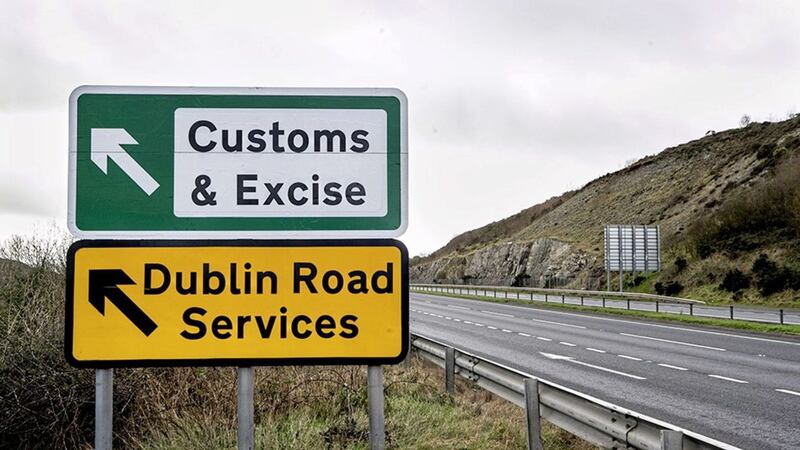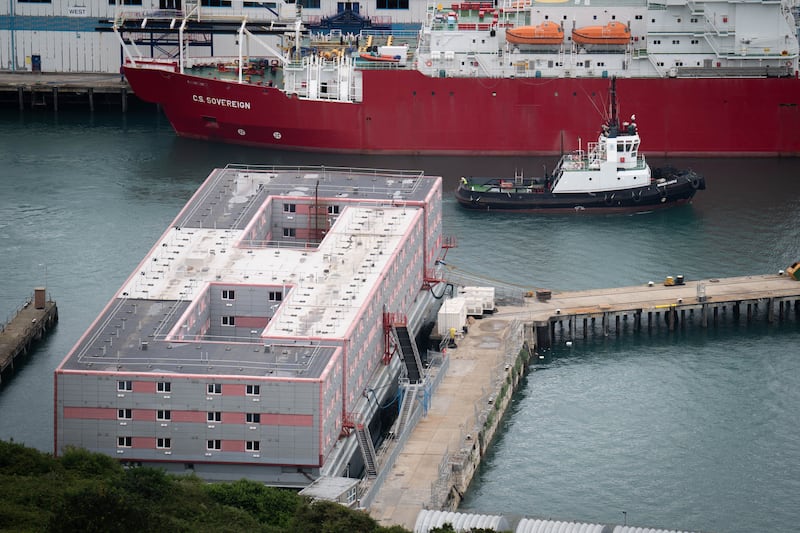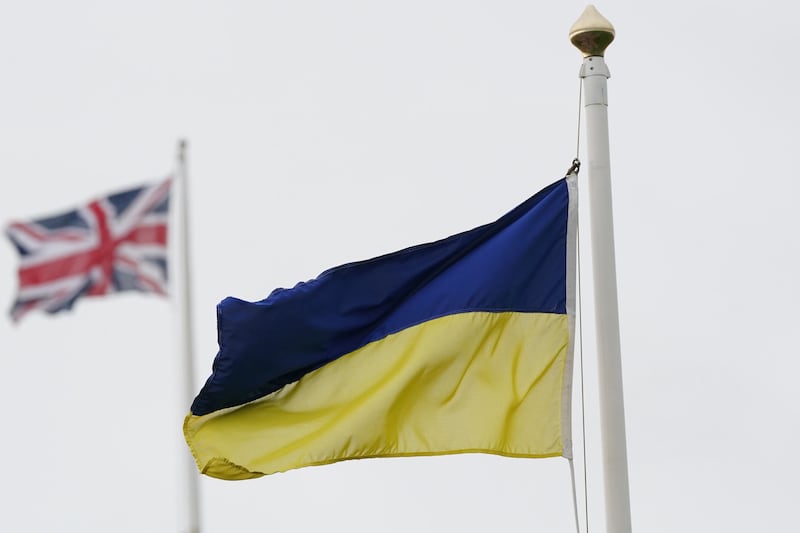THERE is “a very high risk” the Northern Ireland protocol may not be implemented by its January 1 deadline, the British government’s spending watchdog has warned.
A National Audit Office (NAO) report found although government departments have made progress with the changes required to systems, infrastructure and resources to manage the border at the end of the Brexit transition period “it is still likely that widespread disruption will occur from 1 January 2021”.
It also highlighted concerns about the checks that will be required for goods moving to Northern Ireland from the rest of the UK.
Auditors found the Department of Agriculture, Environment and Rural Affairs (Daera), which is responsible for checks on agri-food products, had been “severely hampered” by the ongoing trade talks with Brussels and a “lack of clarity” over the measures required.
Read More: British businesses ‘considering pulling out of NI due to protocol’
In fact, Daera has concluded it would not be possible to complete the necessary work on its systems and infrastructure in the time left, telling the NAO it is having to explore “contingency options”.
Auditors warn the British government “has left itself little time to mobilise its new Trader Support Service (TSS)”, to which it pledged a £200 million investment to aid businesses moving goods between Northern Ireland and Great Britain.
Among the plethora of unfinished work is “to identify NI traders and sign them up to use the service; recruit and train the staff required; develop software to enable traders to connect to HMRC’s systems; and deliver educational activities to traders”.
This on top of “ongoing uncertainty about the requirements for the movement of goods” under the Protocol means “there is still a high risk that traders will not be ready”.
Despite “significant sums of money” spent preparing the border for the end of the transition period – £1.41 billion announced this year – “there remains significant uncertainty about whether preparations will be complete in time”.
“Some of this uncertainty could have been avoided, and better preparations made, had the government addressed sooner issues such as the need for an increase in the number of customs agents to support traders,” the report notes.
The NAO has urged ministers to “focus its efforts on resolving the many outstanding issues relating to the border” and developing “robust contingency plans”.
Chief auditor Gareth Davies warned “the January 1 deadline is unlike any previous EU Exit deadline... [as] significant changes at the border will take place” and “disruption is likely”, with efforts to minimise the impact “made all the more challenging by the Covid-19 pandemic”.
Meg Hillier, chair of Westminster’s Committee of Public Accounts said it is now “clear that whatever happens, there will be disruption at the border in January”.
“The government simply hasn’t given businesses enough time to prepare. And a huge amount still needs to be done to implement the Northern Ireland Protocol.
“It’s incredibly worrying that with two months to go, critical computer systems haven’t been properly tested.”
She said the committee warned three years ago that the Customs Declaration Service “was vital”, but is still hasn’t been rebuilt to process all the declarations it will need to.








